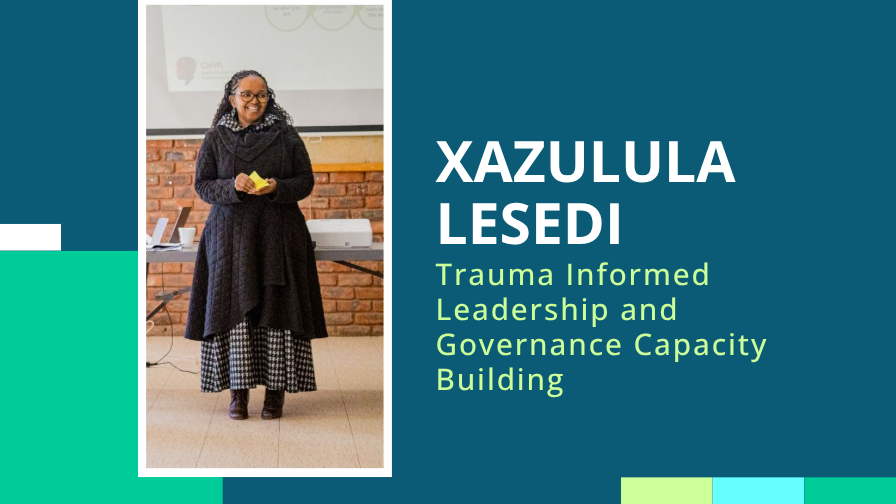
Xazulula Sierra Leone
Trauma-Informed Leadership Training in Sierra Leone
Project summary:
Trauma-Informed Leadership Training in Sierra Leone
Partners:
Centre for Mental Wellness and Leadership
Funders:
RESOLVE
Timeframe:
April 2024
RESOLVE hosts Resource Exchange Summits to provide opportunities international knowledge and practice exchange between organisations and projects. In April 2024, the Xazulula team was represented at the Exchange in Sierra Leone by Nomfundo Mogapi (CEO of CMWL) and Dr. Holle Linnea Wlokas (MD of INSPIRE) and in November, the Xazulula team and INSPIRE colleagues co-hosted another Exchange Summit in South Africa.
Key Learnings from Sierra Leone:
The visit provided valuable insights into the challenges communities face in managing natural resources such as land, water, and air when interacting with small- or large-scale businesses, including national and international mineral extraction operations. Key observations included:
Limited Local Benefits:
Mining activities, regardless of scale, rarely contribute to sustainable livelihoods for local communities.
Burden of Rehabilitation:
Post-mining rehabilitation often falls to communities, who must mobilise resources to create new livelihood opportunities.
Role of Intermediaries:
NGOs and organisations like RESOLVE play a critical role in supporting communities through resource management and livelihood development efforts.
Trauma-Informed Leadership Training in Sierra Leone:
At the summit in Sierra Leone, the Xazulula team presented on the ongoing trauma-informed leadership development work in South Africa to a group of 40 traditional and community leaders and organisations from across 20+ countries.
The session was enthusiastically received, with attendees expressing a strong interest in further engagement and inviting the Xazulula team to return for deeper knowledge sharing. A more comprehensive training was delivered for Sierra Leone communities and practitioners specifically, in Sierra Leone, by Nomfundo Mogapi and Zamokuhle Lekwape (Lekwape Consulting) in August 2024. The success of this training underscores the growing recognition of trauma-informed approaches as essential for sustainable community development.
Related News

From Wounds to Wisdom: Insights from Trauma Informed Leadership and Governance capacity building within the Lesedi Solar Park Project
Read about our recent training with the Lesedi Solar Park Project Community Trust, we’re leading the way in Trauma-informed leadership and governance capacity building.

Xazulula: New Resources
Read more about the new additions to our Knowledge Base on enhancing Trauma-Informed Leadership in Community Development

INSPIRE in Sierra Leone
INSPIRE attended the Resource Exchange Summit in Sierra Leone in April 2024.



